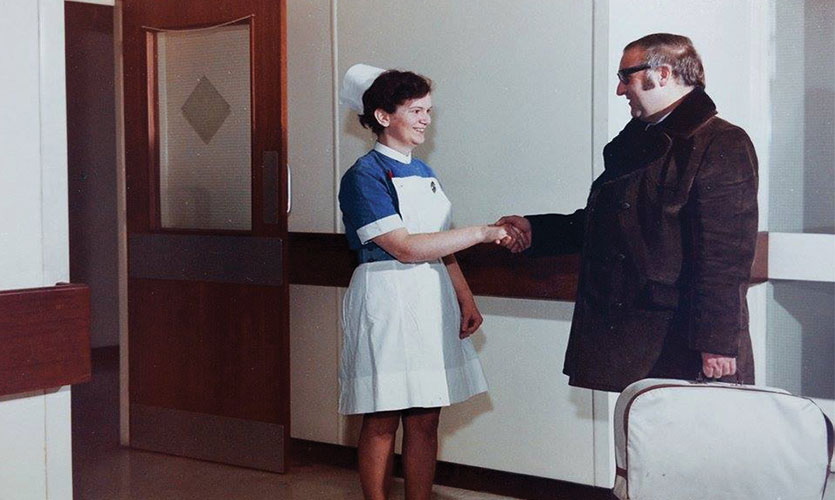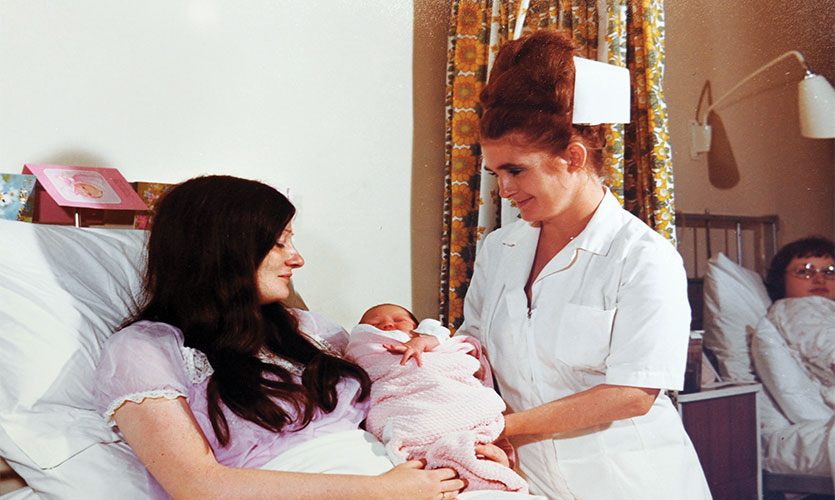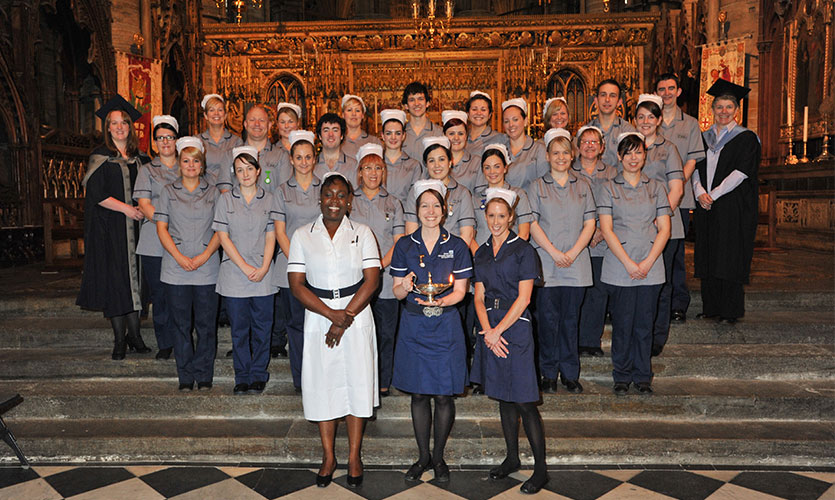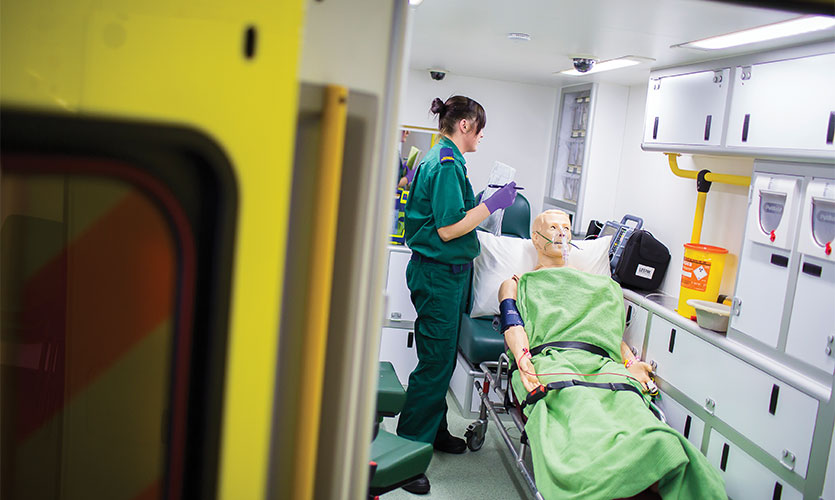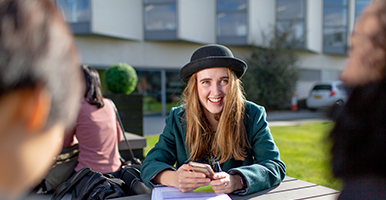School and College of Nursing and Midwifery
The history of healthcare in Liverpool is one of the most significant in the country, and the city pioneered numerous developments that changed the health of the nation forever.
The origins of nurse training and healthcare in Liverpool go back as far as 1829, the same decade as the foundation of the Mechanics’ Institute. As with other social initiatives in Liverpool, this began with a combination of philanthropic and enlightened individuals, and an increasing perception that the role of a nurse was different from that of a domestic servant.
With the backing of Florence Nightingale, William Rathbone VI played a key role in establishing district nursing plus a new school for the training and employment of women in hospital, district and private nursing in the 1860s. This was a very difficult period in the city, with outbreaks of cholera and typhoid posing real risks to nurses. Perhaps that’s why they were given an allowance of beer to drink each day… Listen here to find out what life was like for nurses in the mid-nineteenth century.
Nurse education has been shaped by developments both in the city and nationwide, such as the establishment of the National Health Service (NHS) in 1948. In April 1991, the Liverpool School of Nursing and Midwifery amalgamated with Liverpool Polytechnic, laying the foundations for today’s School of Nursing and Allied Health. This merger reflected wider changes in nurse education that were taking place across the UK, moving the training of nurses out of hospitals and into higher education.
Twenty five years later, the School of Nursing and Allied Health remains committed to working in partnership with health and social care organisations to provide effective solutions that meet the needs of the evolving health and social care agenda.


